Best Nuclear Medicine Hospitals in India
Best Nuclear Medicine Hospitals in India are globally recognized for offering top diagnostic and therapeutic services using advanced nuclear medicine technologies. These top hospitals combine expert medical teams with best facilities, delivering high-precision care for a variety of complex conditions at a fraction of the cost compared to Western countries. Specializing in both diagnostic imaging and targeted therapies, these hospitals effectively treat conditions such as breast cancer, prostate cancer, thyroid cancer, and neurological disorders like Alzheimer’s and Parkinson’s disease.
Equipped with the latest in PET (Positron Emission Tomography) and SPECT (Single Photon Emission Computed Tomography) imaging systems, India’s leading hospitals ensure early and accurate detection, improving treatment planning and outcomes. Therapeutic procedures like radioiodine therapy for thyroid cancer are performed under strict international safety standards, often at 60–70% lower cost than in countries such as the U.S. or U.K. Many of these hospitals hold international accreditations, ensuring adherence to global protocols in nuclear medicine.
International patients are supported through comprehensive medical tourism services, including visa assistance, travel planning, language support and comfortable accommodations. With personalized care plans, world-class technology and proven success rates, the Best Nuclear Medicine Hospitals in India are a trusted choice for patients seeking expert, affordable nuclear medicine treatment.
Get a free cost estimate
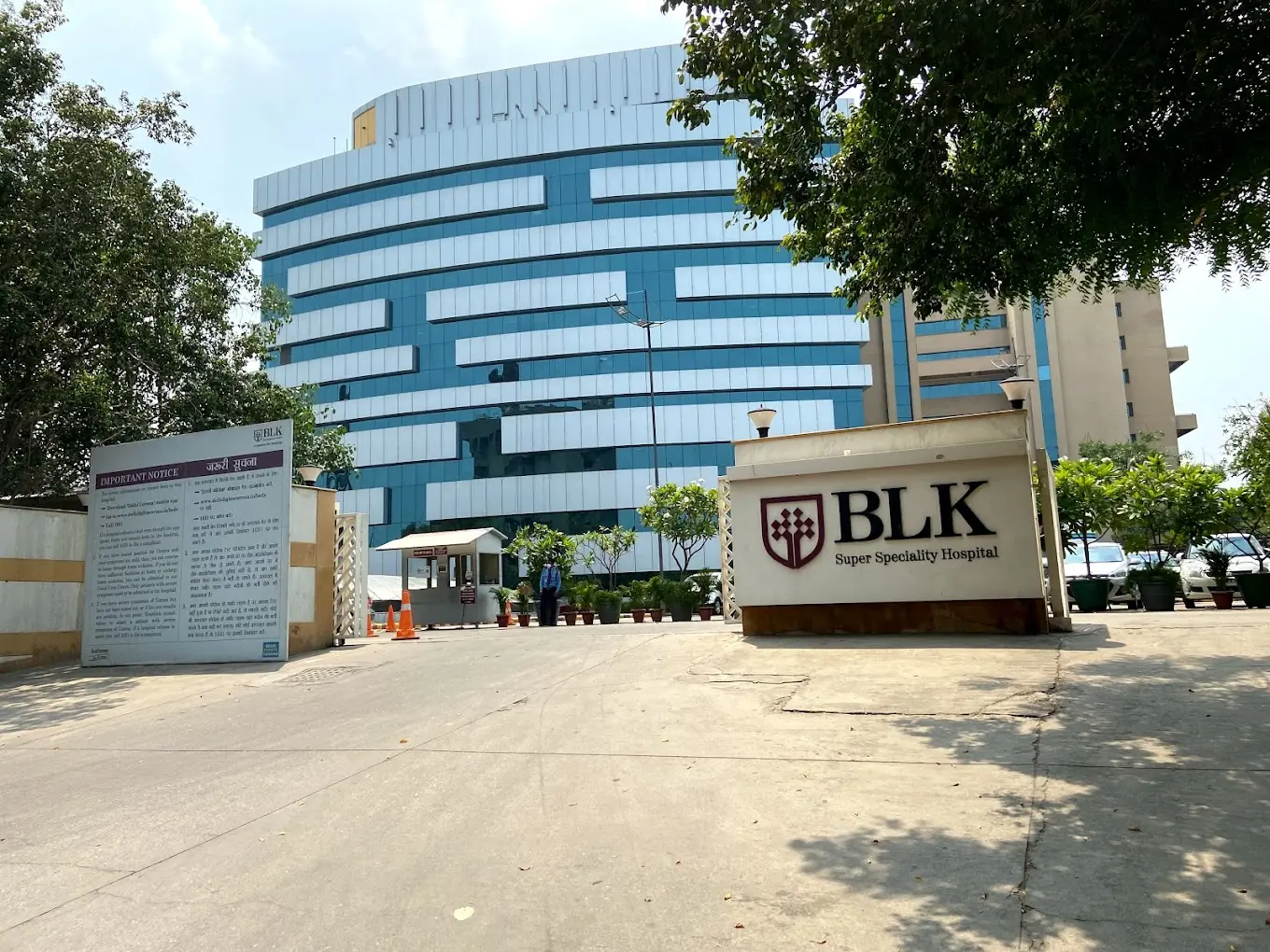
BLK-Max Super Speciality Hospital, Delhi
Delhi, IndiaBLK-Max Super Speciality Hospital, part of India’s largest healthcare network, spans an impressive 650,000 square… View More
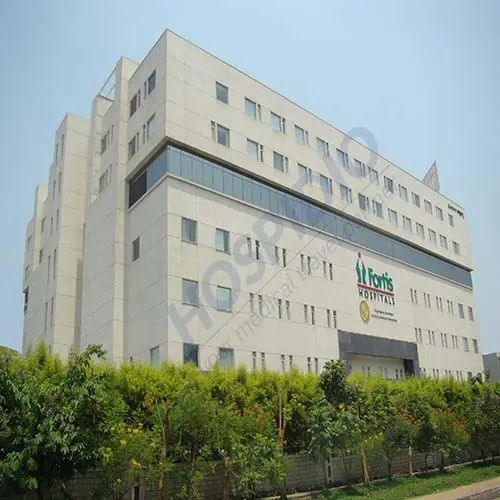
Fortis Hospital, Bannerghatta Road
Bengaluru, IndiaFortis Hospital, Bannerghatta Road, Bengaluru, is a 284-bed facility renowned for its state-of-the-art infrastructure, leading… View More
Book Appointment Chat Now
Apollo Hospitals, Greams Road, Chennai
Chennai, IndiaEstablished in 1983, Apollo Hospitals on Greams Road in Chennai stands as the flagship hospital… View More
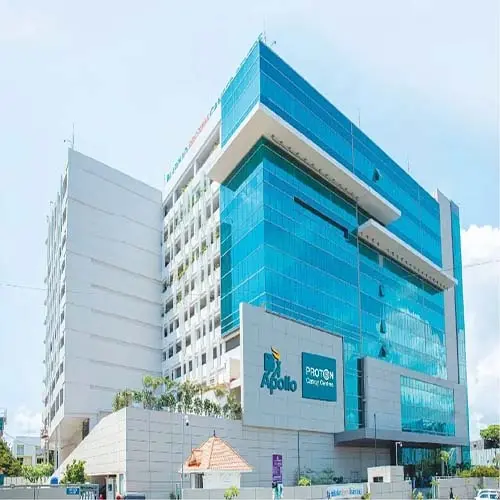
Apollo Proton Cancer Centre, Chennai
Chennai, IndiaThe Apollo Proton Cancer Centre (APCC) is India’s first and only dedicated proton therapy center… View More
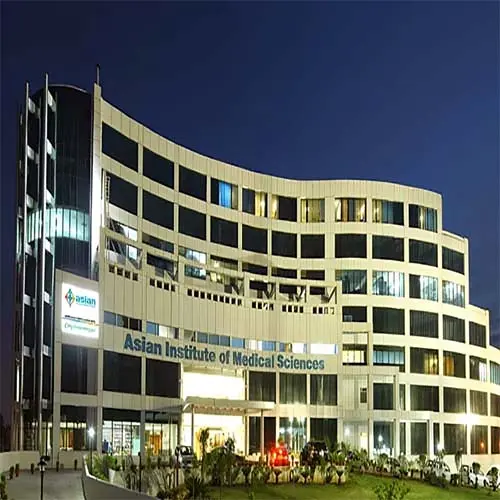
Asian Institute of Medical Science, Faridabad
Faridabad, IndiaThe Asian Institute of Medical Science is a top healthcare facility renowned for its excellence… View More
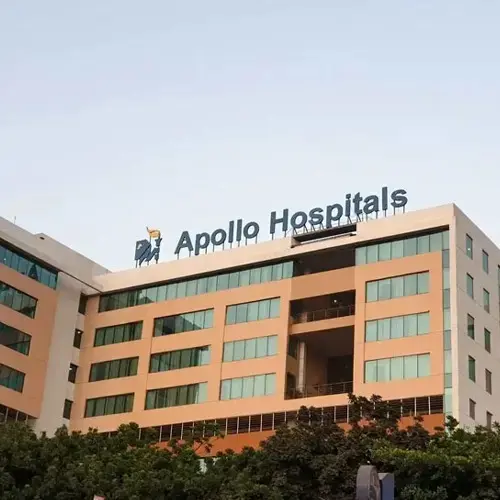
Apollo Hospital, Navi Mumbai
Navi Mumbai, IndiaApollo Hospitals in Navi Mumbai stands as one of Maharashtra's most advanced multi-speciality tertiary care… View More
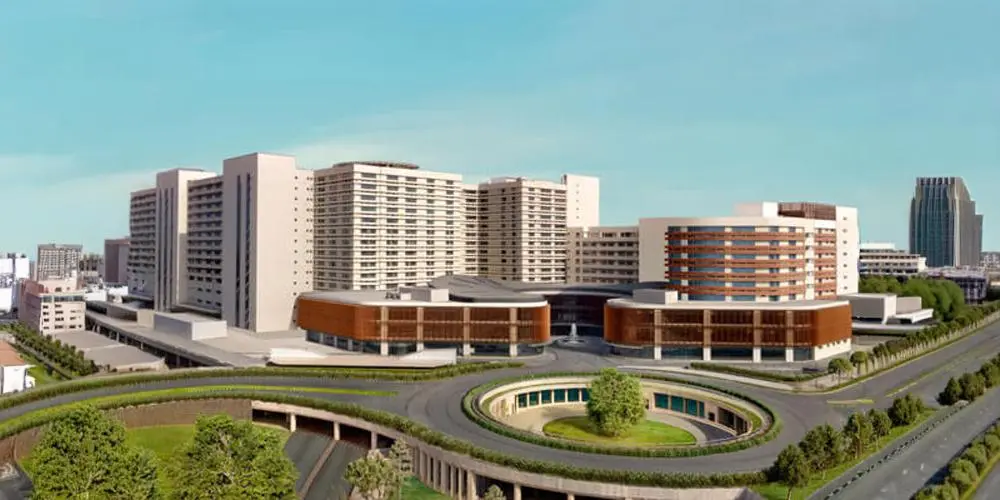
Amrita Hospital, Faridabad
Faridabad, India2600+ Bed Capacity 534 Critical Care Beds 81 SpecialitiesAmrita Hospital, Faridabad stands as a beacon… View More
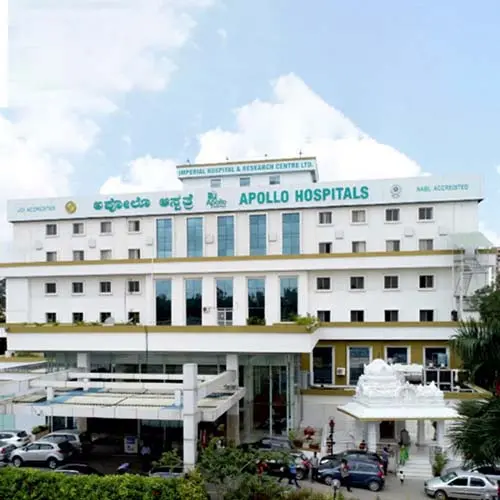
Apollo Hospitals, Bannerghatta Road, Bangalore
Bangalore, IndiaApollo Hospitals Bannerghatta Road is a renowned multi-specialty hospital in Bangalore, known for its excellence… View More
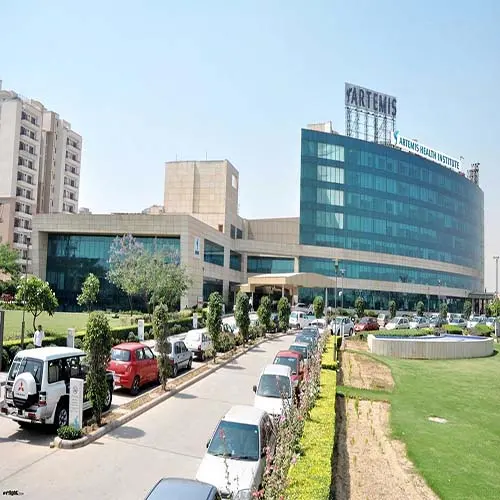
Artemis Hospital, Gurgaon
Gurgaon, India400+ Full-Time Doctors 12 Centers of Excellence 40+ SpecialtiesArtemis Hospital is a renowned multi-specialty hospital… View More
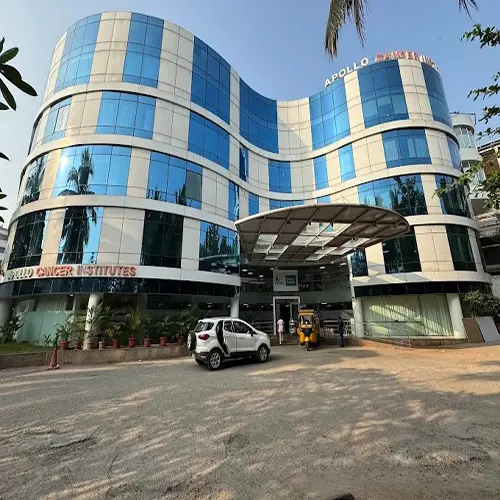
Apollo Hospitals, Jubilee Hills, Hyderabad
Hyderabad, IndiaApollo Hospitals, Jubilee Hills, Hyderabad is one of the flagship institutions of the Apollo Hospitals… View More
FAQs
Nuclear medicine involves diagnosing and treating diseases by detecting gamma ray emissions from small amounts of radioactive materials using scanners. Unlike conventional imaging techniques like X-rays and MRIs, it provides functional rather than just structural views of organs and tissues, enabling targeted treatments to specific parts of the body, such as cancer.
Nuclear medicine is commonly used to diagnose and treat a variety of conditions, including:
- Cancer (e.g., thyroid cancer, prostate cancer, lymphoma)
- Neurological disorders (e.g., Alzheimer’s disease, Parkinson’s disease)
- Heart conditions (e.g., coronary artery disease, myocardial infarction)
- Thyroid disorders (e.g., hyperthyroidism, thyroid cancer)
- Bone diseases (e.g., bone metastases, osteomyelitis)
- Infections and inflammation (radioiodine therapy for thyroid cancer and PET scans for cancer staging).
PET and SPECT techniques in nuclear medicine help diagnose cancers by showing how cells metabolize substances and revealing early tumors. They are also used to assess cancer spread and treatment response. 'Functional imaging' quantifies an activity performed by a system and assigns the observed data to the system's functional parameters. Additionally, it is useful in diagnosing neurological disorders, cardiac conditions, and infections by providing functional images of organs
India offers various advantages for patients looking for nuclear treatment:
- Cost-effectiveness
- Advanced technology
- Skilled professionals
- High-quality care
- Comprehensive medical tourism services
Nuclear medicine treatment in India starts at $1000, significantly lower than the costs in Western countries, which can be 3-5 times higher. This makes India a preferred destination for affordable and advanced nuclear medicine treatments.
International patients who are seeking nuclear medicine treatment in India should look for the following factors:
- Research and choose accredited hospitals: Ensure the facility is internationally recognized and meets high medical standards, with state-of-the-art equipment and experienced medical staff.
- Understanding the treatment regimen: Have a clear understanding of the treatment or diagnostic procedure, its benefits, and the risks involved.
- Medical tourism services: Most Indian hospitals offer a full range of medical tourism services, including visa assistance, transportation, accommodation, and appointment scheduling, to make things easier for international patients.
- Cost breakdown: Be aware of the overall cost of treatment, including any additional fees for consultations, diagnostic tests, and post-treatment follow-up care.
- Bring your medical documents: Carry all previous medical records, including lab reports and imaging results, to ensure continuity of care and proper treatment planning.
- Language and communication: While most hospitals in India have English-speaking staff, it is advisable to confirm this, especially if you do not speak English.
